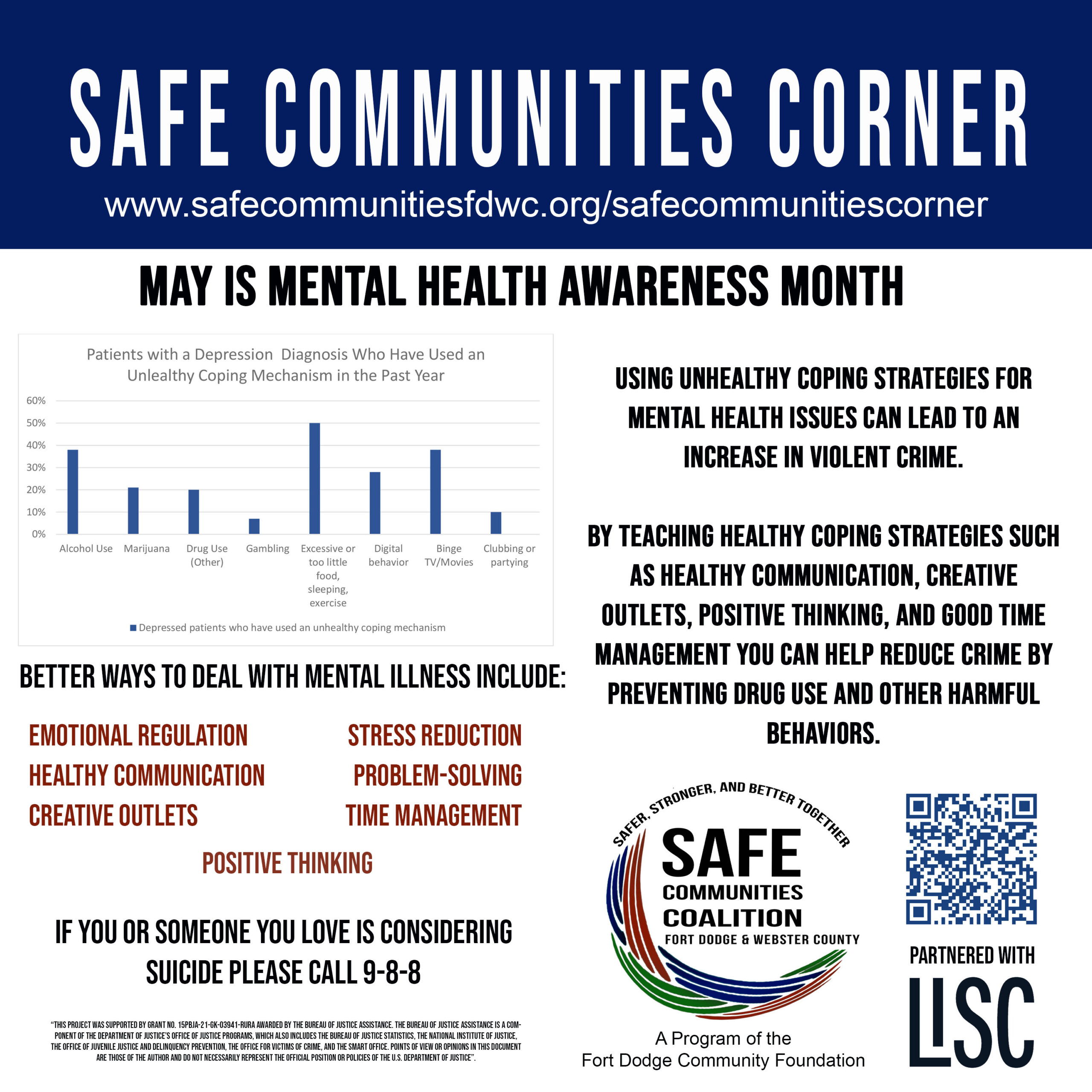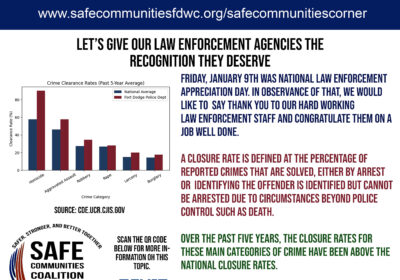There is a very wide spectrum when it comes to mental health issues. Under the umbrella of mental health you can see anything from schizophrenia to seasonal depression. We are by no means medical professionals, so let me say, first and foremost, that if you or someone you love is dealing with a severe mental illness, please seek professional help.
That said, many of us, at some point in our lives, deal with things like depression or anxiety. We all deal with it in a variety of ways, some healthy and some, not so much. How we chose to cope when difficulties impact our mental health starts long before we reach that point in our lives. Learning about healthy coping strategies can start as early as childhood. In fact, some healthy habits can even prevent mental illness from setting in later in life.
Some people suffering with mental illness choose to cope with it by turning to unhealthy habits such as drinking alcohol, using illegal drugs, or gambling. They use substances or behaviors as a form of immediate comfort, often knowing that their actions aren’t really helping but instead, compounding the problem. Instead of turning to something that doesn’t truly help long term, try some of these strategies instead.
Emotional regulation: This is something you don’t often hear anymore, but it is possible and healthy to learn how to control your emotions. While feelings are very real, understanding that they often lie to us is an important part of emotional maturity. Think about how many times your feelings have told you to worry about something that turns out to be ‘no big deal.’ How many times have you felt like someone is upset with you only to find out that they were simply having a bad day and it had nothing to do with you? Your feelings are only a reflection of what you can see in the moment, not necessarily the truth. Learn to identify those negative stressors and step out of those feelings for a moment to look at them from a different perspective.
Healthy communication: When it comes to our stressors, healthy communication about how we’re feeling is important. Being able to talk to someone who isn’t in the situation can help open our eyes to solutions we may not be able to see. Keep people around you who aren’t overly emotional and can look at situations objectively.
Get creative: Creativity is proven to be a great emotional release. Maybe it is painting, drawing, or sculpting, maybe it is writing or music. Whatever it might be, using creativity ignites different parts of the brain, shifts focus, and releases dopamine – the feel good chemical in our bodies.
Stress reduction: Things like exercise and getting out in the sun have physical impacts on our bodies that also combat mental illness and stress. Find healthy activities that bring you joy and reduce stress. Either use them as motivators to get stressful projects completed, or use them as a “break” when needed.
Problem solving: Instead of avoiding stressors, face them head on. Thinking of them as a problem that has a solution will keep you from feeling buried or overtaken by them.
Time management: Procrastination is not your friend when it comes to mental health. Tackling your to-do list is often times the only way to relieve your mental burden.
Positive thinking: This one is huge. So huge that people who have a naturally positive outlook are much less likely to suffer from mental illness in the first place. When you start to feel overwhelmed, think of things within the situation that you can be thankful for. If you can’t think of things within the situation, think more generally. Positive thinking is a big part of emotional resiliency.
I’m going to throw one more tip onto the list. Complete an act of kindness: I know it might be counterintuitive to consider helping someone else when you feel like you’re the one needing help, but stepping outside of yourself long enough to meet a need for someone else just might be the medicine you need. Being able to bring joy to someone else allows you to take your mind off your problems for a moment, bring a lasting sense of joy, and help create a feeling of gratitude.
There are many ways to cope with feelings of depression and anxiety that don’t have to include harmful substances or habits. Learning these healthy strategies can start early and be practiced often throughout life.




